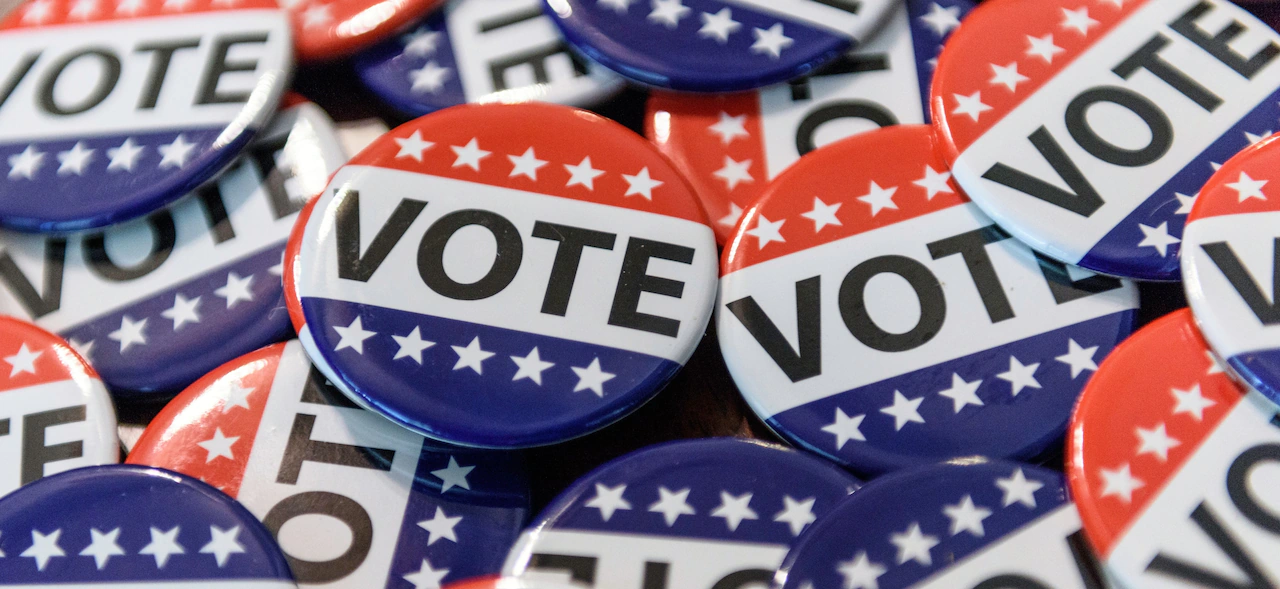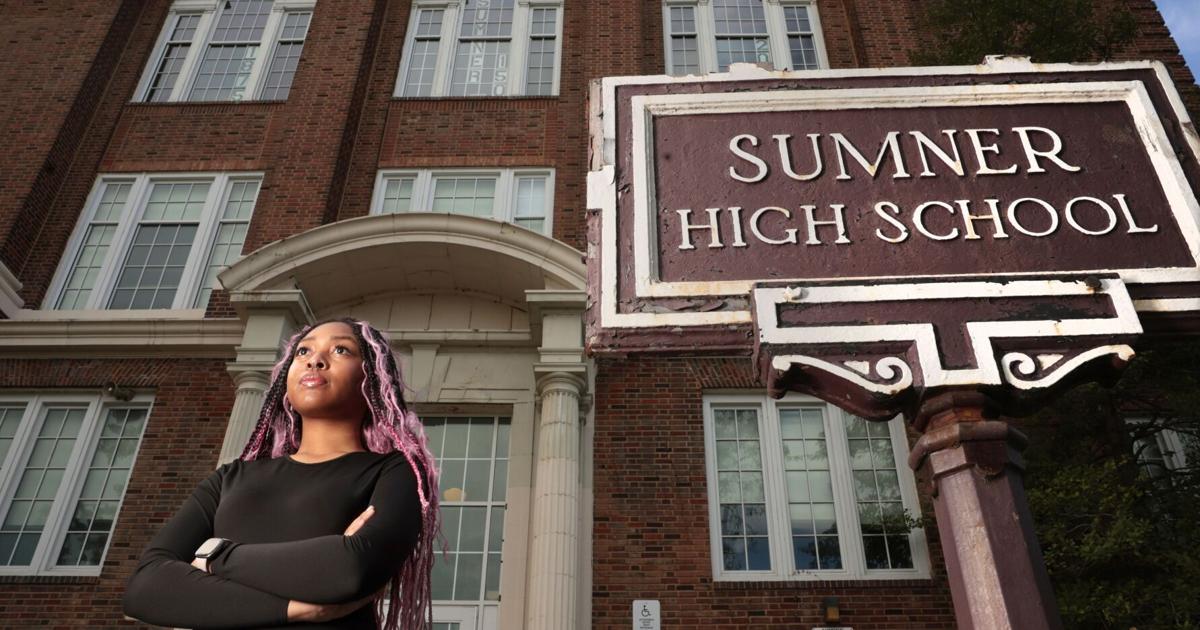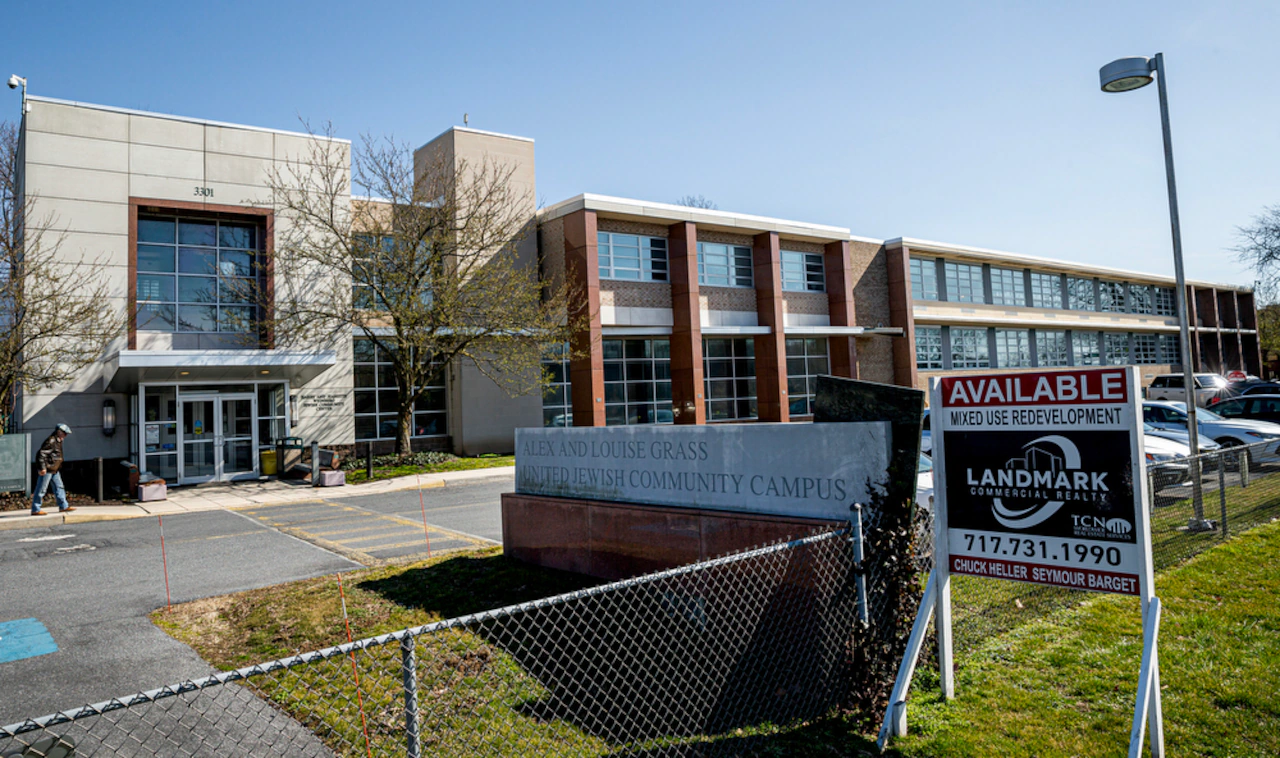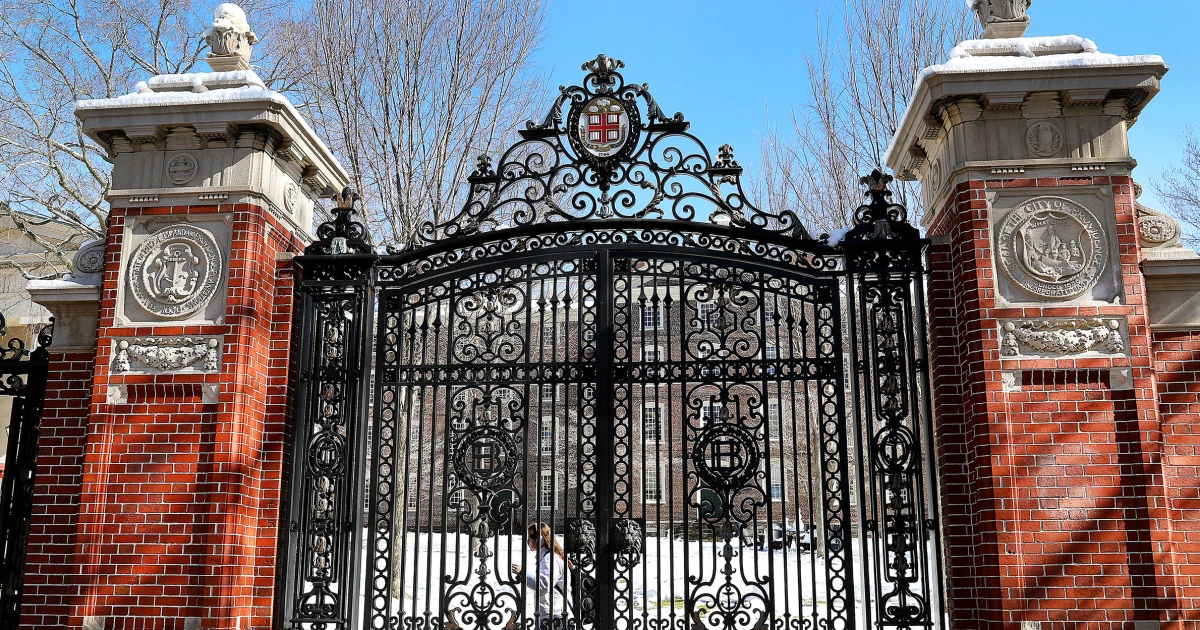Copyright Mechanicsburg Patriot News

By Leigh Owens Election Day is just around the corner–Tuesday, Nov. 4. The voter registration deadline is Monday, Oct. 20, and mail voting is already underway. Across the commonwealth, voters will be deciding on important races for judges, district attorneys, school boards, and other local offices that directly impact our lives. One group of eligible voters that’s almost entirely excluded from get-out-the-vote efforts is people who are incarcerated–especially in county jails. People who are being detained pre-trial or who are serving a sentence for a misdemeanor conviction can cast a ballot. The right to vote is only denied to people who are currently in prison for a felony conviction or who have been convicted of violating state election laws in the last four years. Incarcerated people have a very personal understanding of how the government functions. They experience it every day in government custody. They know how important it is to elect leaders who will fight for better treatment, fairer policies, and reform. The Pennsylvania Prison Society has been in existence since 1787 and was co-founded by Benjamin Franklin and Dr. Benjamin Rush, two of this nation’s Founding Fathers. The core premise behind our 200+ - year-old organization is simple: regardless of an individual’s infraction, while wards of the government, they deserve the health, dignity, and safety that every human is entitled to. While our mission has adapted over the years, that principle has never changed. Ensuring that eligible incarcerated voters have genuine access to the franchise is critical. We want them to know the who, what, when, where, and why of each election. The reality is that very few incarcerated people vote. In 2020, out of roughly 25,000–30,000 incarcerated people in county facilities throughout Pennsylvania, only 52 people actually requested a mail-in ballot. That’s less than 0.01% of the incarcerated population. This extremely low number is a direct result of the systemic lack of voter engagement happening in county jails. Voter engagement for people in prison requires a specific approach. Incarcerated people have limited access to outside information, so education is paramount. This includes explaining which offices are on the ballot and what those roles do. People with literacy challenges, health issues, or other barriers often need support to navigate the voting process. This essential outreach is a low priority for most jail administrations. For the Pennsylvania Prison Society, it is a crucial way we support the needs and rights of people living behind bars. De facto disenfranchisement of thousands of eligible citizens is a sign of an unhealthy democracy. Many people in prison will soon return to their communities. Ensuring they are educated, engaged, and able to cast a ballot is not just about their rights; it’s about successful re-entry and a healthier society. When we deny the franchise, we tell citizens they don’t matter. It’s time we correct this failure by fully supporting voter education and access, recognizing that the vote is a vital bridge back to citizenship. Every citizen—inside or outside prison walls—has a voice that must be heard. This is a call to action for every eligible Pennsylvanian, including the thousands of people in county jails and prisons: Register to vote, or check your registration status. The registration deadline for the election in November is Monday, October 20. Show up. Whether you are filling out a mail-in ballot from a jail cell or walking into your local polling place, make a plan to cast your vote on Election Day. The deadline to apply for a mail ballot is October 28, and your county must receive your completed mail ballot by 8 p.m. on Election Day, November 4. Demand access. We urge the county jail administrations and the Department of Corrections to partner with organizations like the Pennsylvania Prison Society to actively support and facilitate voter registration and education. The integrity of our democracy depends on ensuring that every eligible citizen—from our busiest streets to our most forgotten cells—has the opportunity to register to vote and show up on Election Day.



